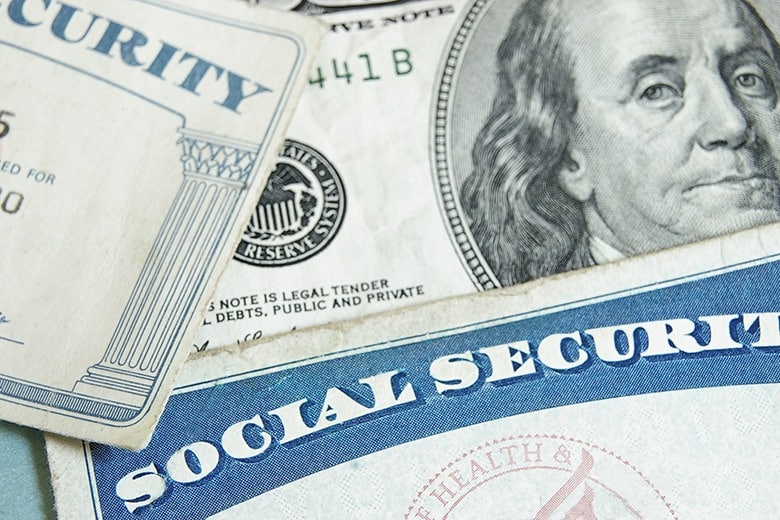Who is Eligible?
Most people who receive Social Security Benefits will be eligible to receive the $1,200.00 Economic Impact Payment as part of the CORONAVIRUS AID, RELIEF, AND ECONOMIC SECURITY (CARES) ACT. That means that persons receiving Social Security Disability Insurance benefits (SSDIB), Supplemental Security Income (SSI) benefits, and even people receiving Social Security Retirement benefits may be eligible to receive a direct deposit or check from the United States Treasury Department.
Coronavirus-300x169Economic Impact Payments will be made through the Internal Revenue Service (irs.gov). Do not contact the Social Security Administration with questions about economic impact payments. The Social Security Administration has enough extra work trying to process claims, take applications, etc., online and by telephone, without allowing persons to come into the field offices, which are all closed to the public because of the COVID-19 Pandemic.
Persons receiving Social Security Disability Insurance Benefits or Social Security Retirement Benefits will be eligible to receive $1,200.00 as long as their total adjusted gross income under a certain limit. If all the income you have is your Social Security disability or retirement benefit, you do not need to worry about the other qualifications.
If you have other investment income, you should know that you are still eligible for payments if your adjusted gross income is $75,000.00 or less for individuals or $150,000.00 or less for married couples filing joint returns. The payments will be reduced from $1,200.00 by $5 for each $100 above the $75,000.00/$150,000.00 limits. Once an individual’s adjusted gross income exceeds $99,000.00, or a married couple’s adjusted gross income exceeds $198,000.00, they will not be eligible for any Economic Impact Payment.
People who receive Supplemental Security Income will be eligible for the full $1,200.00 payment.
How Do You Receive Your Payment?
There has been a lot of confusion about how the IRS will get your payment to you. Some of the information initially said that you must file a tax return for 2018 or 2019 in order to receive the Economic Impact Statements. For a few days, even the IRS was saying that a “simple tax return” would be required.
If you did file a tax return for 2018 or 2019, the IRS already has your needed information, and you will either receive a direct deposit or a check in the mail, depending on whether you provided your direct deposit information with your tax return.
If the only income you received in 2018 or 2019 was your Social Security disability check (SSDIB or SSI) or your Social Security retirement check, you are not required to file a tax return. A form SSA-1099 is sent from the Social Security Administration (SSA) to the Internal Revenue Service (IRS) each year showing how much you received from Social Security in benefits. If you did not file a tax return in the last two years which included direct deposit information, you will receive your $1,200.00 payment by check in the mail.
The IRS says that in the “coming weeks, they will develop a portal for individuals to provide their banking information to the IRS online. However, if you decide to provide your banking information online, please be careful to make sure that you are on the official irs.gov website.
Unfortunately, in times of crisis, there are always bad people who want to take advantage of the most vulnerable people in society. You should never provide your social security number or banking information to anyone on the phone. Also, you should be careful to make sure that you only provide banking information to the irs.gov portal established for the purpose of sending economic impact payments. The IRS has already issued a warning for people to be aware of schemes and scams to trick people out of their payments.
My advice would be, “Unless you are 110% sure you are dealing with the official portal (which does not exist yet), you should wait for your check in the mail.”
Brian Buchanan is an Injury and Disability attorney with Grimes Teich Anderson LLP. He frequently represents clients before the Social Security Administration and in the state and Federal Courts.

